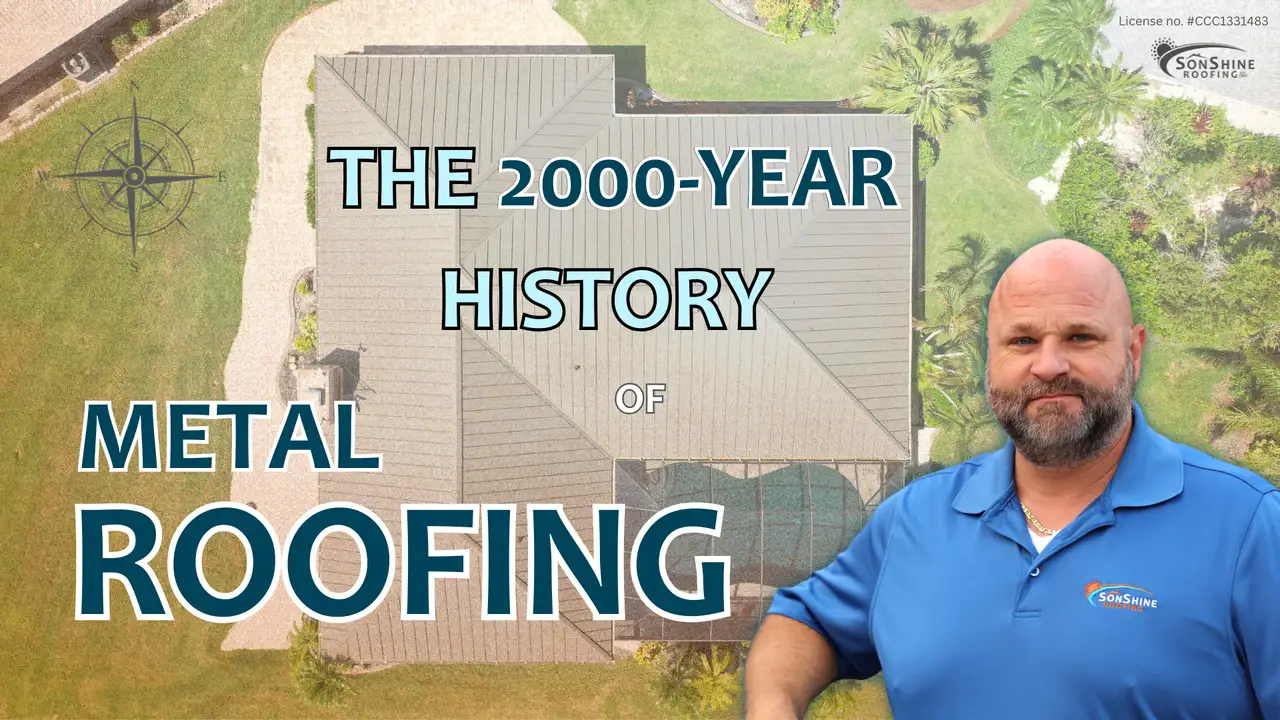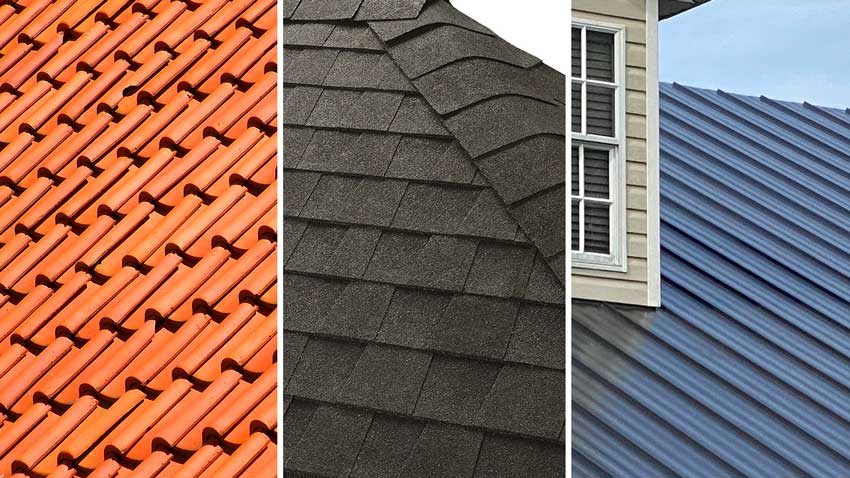The average U.S. household spends about $1,411.80 per year on energy. That’s a small fortune for many households. It’s no wonder many people are turning to alternative power sources that are more affordable and sustainable.
One way to keep power bills from denting your bank account is by investing in solar energy. Indeed, the popularity of solar panels has skyrocketed in recent years, with installations surpassing the two million mark in 2019.
But while solar energy has proven a reliable solution for homeowners looking for a source of power that’s both highly affordable and eco-friendly, there are concerns about roof damage during panel installation.
These concerns are legitimate, given that roof repair doesn’t come cheap. If you’ve been considering solar paneling but are hesitant because of the damage, it may cause to your roof. You’ve come to the right place. In this post, we tell you all you need to know about solar panel installation so you can move ahead confidently.
Read on to learn more.
Will Solar Panels Harm Your Roof?
It depends on a few factors. Among these factors are the roof’s condition and the solar installation contractor you are working with. We’ll discuss these factors in-depth in the following sections.
How Does Roof Condition Affect Solar Panel Installation?
Whether your roof will become damaged or remain in good shape after solar paneling depends on its condition at the time of panel installation, consider these two factors before doing the installation project.
Roof Strength
Regardless of the type of roof you have, it needs to be strong enough to support the total weight of the solar panels. It also needs to be large enough to accommodate all the panels you intend to install.
Your solar installation contractor will calculate the amount of square footage necessary for the panels. They’ll also inspect your roof to determine whether it can support the weight of the panels. If it isn’t, solar installation may damage it unless extra support is installed first.
Roof Age
The age of your roof will also determine whether solar paneling will harm it. Older roofs are more likely to get damaged during installation. If your roof is nearing the end of its life, you may want to consider roof replacement before installing the panels.
How to Prepare Your Roof for Solar Panels
Before you purchase the solar panels, you need to ensure that your roof is ready. Remember, the vast majority of the work in solar installation takes place on your roof’s surface. Call your regular roofer to inspect the roof and fix any problems.
The roofing contractor will check for any loose shingles or tiles. They’ll also check for and fix cracks, breaks, and issues with pooling water. If there’s debris on your roof, they’ll clean it up in preparation for solar panel installation.
An experienced roofer can inform you whether your roof is strong enough for solar paneling. Where extra support is needed, they’ll set it up for you.
How Roof Paneling Takes Place
Installing racking and solar panels can alter your roof. That’s why it’s essential that everything is done correctly, or your roof’s structural makeup will suffer.
Among the top concerns for homeowners are the holes the contractor will make to secure the panels. The contractor will likely need to drill holes in the roof whether the lag bolts that secure the solar panels to your roof go. The size and depth of the holes depend on your roofing type.
To keep your roof structurally sound and avoid leaks, contractors put in place a few safety measures. For instance, bolt fixtures holding the solar panels in place are surrounded by flashing. This is a plastic or metal shield installed under the roof tiles.
The flashing is sealed using tar or other suitable materials. The hole containing the lad bolt is sealed to keep water from seeping into your roof.
What if You Don’t Want Holes?
There are other options for homeowners who don’t want holes made in their roofs during solar installation. You can opt for solar roof shingles or tiles. These roofing materials integrate the power-generating capacity of PV panels into your roof shingles, eliminating the need for you to mount traditional solar panels.
For those with flat roofs, solar panel installation doesn’t require drilling holes. Ballast mounting systems will suffice in such cases.
Of course, you can opt to install solar panels somewhere else entirely. For instance, you can install the panels on a ground mount instead of the roof.
Always Work With a Professional
The best way to avoid damage to your roof during solar panel installation is to work with professionals throughout the process. Hire a licensed roofing expert to get your roof ready for panel installation. Once the roof is ready, work with a professional solar installer to ensure that the panels are installed correctly.
When choosing contractors, consider the following:
Location
Generally, you want to work with a local contractor. That’s because they’re more likely to be familiar with your area’s permit requirements and state rebates. Plus, you can always reach them quickly in case the need arises.
Company Credentials
Verify whether the contractor is licensed to offer service in your area. Next, enquire how long they’ve been in the industry and what their success record looks like. A licensed and experienced contractor is better positioned to provide better service than a newbie.
Review Financing Options
The best solar installation companies provide customers with a wide variety of financing options to choose from. You can opt to pay cash, lease, or enter a power purchase agreement. Talk to the company to determine which options they provide and choose one that works best for you.
Keep Your Roof in Top Shape During Solar Panel Installation
Switching to solar energy can save you a fortune in power bills over time. However, you need to do the installation right so your roof doesn’t get damaged in the process. By working with professionals, you can install your solar panels safely and keep your roof in top shape throughout the project.
If you’re worried about maintaining your roof in good condition during home projects, contact us today for professional help.













